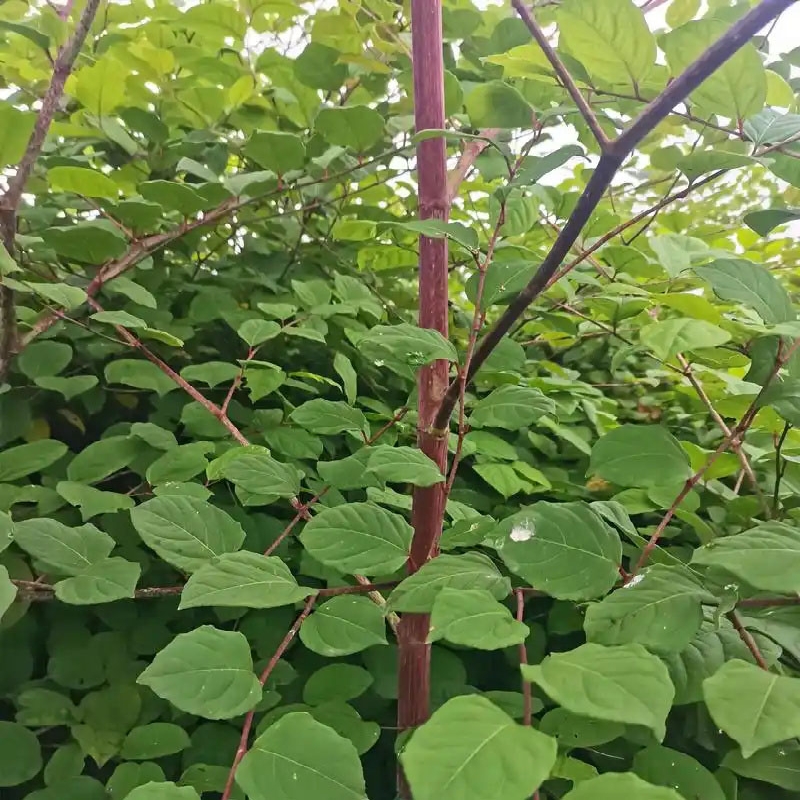-
Categories
-
Pharmaceutical Intermediates
-
Active Pharmaceutical Ingredients
-
Food Additives
- Industrial Coatings
- Agrochemicals
- Dyes and Pigments
- Surfactant
- Flavors and Fragrances
- Chemical Reagents
- Catalyst and Auxiliary
- Natural Products
- Inorganic Chemistry
-
Organic Chemistry
-
Biochemical Engineering
- Analytical Chemistry
-
Cosmetic Ingredient
- Water Treatment Chemical
-
Pharmaceutical Intermediates
Promotion
ECHEMI Mall
Wholesale
Weekly Price
Exhibition
News
-
Trade Service
Marker-assisted selection (MAS) is the process of using morphological, biochemical, or
DNA
markers as indirect selection criteria for selecting agriculturally important traits in crop breeding. This process is used to improve the effectiveness or efficiency of selection for the traits of interest in breeding programs. The significance of MAS as a tool for crop improvement has been extensively investigated in different crop �species and for different traits. The use of MAS for manipulating simple/qualitative traits is straightforward and has been well reported. However, MAS for the improvement of complex/polygenic traits, including plant tolerance/resistance to abiotic stresses, is more complicated, although its usefulness has been recognized. With the recent advances in marker technology, including high-throughput genotyping of plants, together with the development of nested association mapping populations, it is expected that the utility of MAS for breeding for stress tolerance traits will increase. In this chapter, we describe the basic procedure for using MAS in crop breeding for salt tolerance.






